11 Times You'll Need Your Emergency Fund
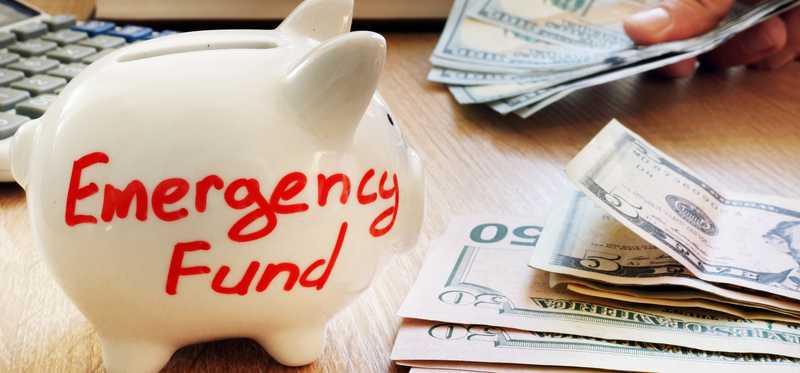
11 Times You'll Need Your Emergency Fund
When the unexpected happens
Life has a way of throwing financial surprises at us when we least expect them. You could wake up in a cold house in the dead of winter as a result of your heating system going kaput. Or you could go to start your car, only to find that it won’t so much as show the slightest sign of life. That’s why we all need emergency savings -- money in the bank to cover unplanned expenses that would otherwise leave us with no choice but to rack up debt. Of course, you don’t want to use your emergency fund for just anything, because really its purpose is to cover unforeseen bills. But here are a few times when you shouldn’t hesitate to tap your emergency cash reserves.
Previous
Next
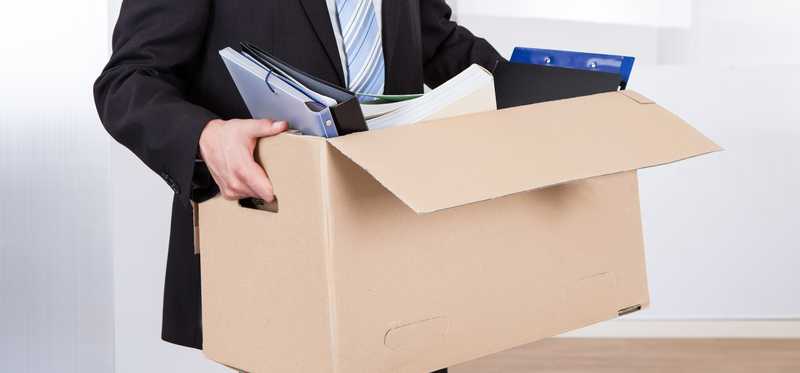
1. You’ve been laid off
Sometimes, even the most hard-working, dedicated employees get laid off for no good reason. If you’re suddenly out of a job, the first thing you should do is see what sort of severance or unemployment benefits you’re entitled to. That said, whatever sum both of those amount to may not be enough to cover your bills while you look for work, so if that’s the case, you’re more than justified in accessing some cash from your emergency fund.
Previous
Next

2. Your income declines
Maybe you didn’t lose your job completely, but your company was forced to cut your hours so that you’re now earning half of what you used to. Or maybe you’re a freelancer who just had a few big clients pull out, thereby slashing your income in the process. A sudden drop in earnings can create a scenario where you’re falling short on your bills, so if that’s the case, you can use your emergency fund to tide yourself over until your workload picks up and your income follows suit.
Previous
Next

3. Your car has issues
Many of us rely on a vehicle to get to work, or just plain function, so if yours stops working the way it should, that’s a problem you can’t afford to ignore. Unfortunately, complex car repairs can cost thousands of dollars, and if that’s what you’re looking at, you’ll most likely need your emergency fund to avoid having to charge that expense on a credit card and pay it off over time.
Previous
Next

4. Your home needs repairs
Predictable home maintenance, like lawn care and gutter cleanings, shouldn’t be paid out of your emergency fund. But if you’re dealing with a major, unexpected home repair, like a leaky roof or a busted septic tank, then you should feel free to tap your emergency savings.
Previous
Next
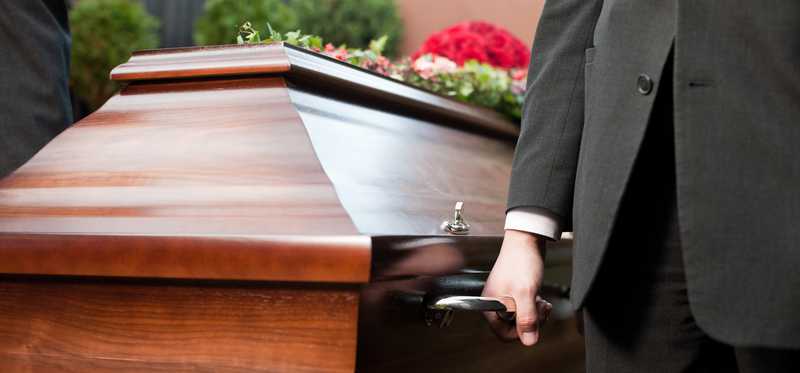
5. You have to pay for a loved one’s funeral
When a loved one passes, your world can quickly get turned upside down. And if you’re in a position where you need to pay for a loved one’s funeral, your finances could take a major hit as well. The average funeral today costs between $7,000 and $9,000, and chances are, your regular paycheck doesn’t leave you with that much extra money at the end of the month. If that’s the case, you can use your emergency fund to cover this unfortunate expense.
ALSO READ: Which Comes First: Debt Payoff or an Emergency Fund?
Previous
Next
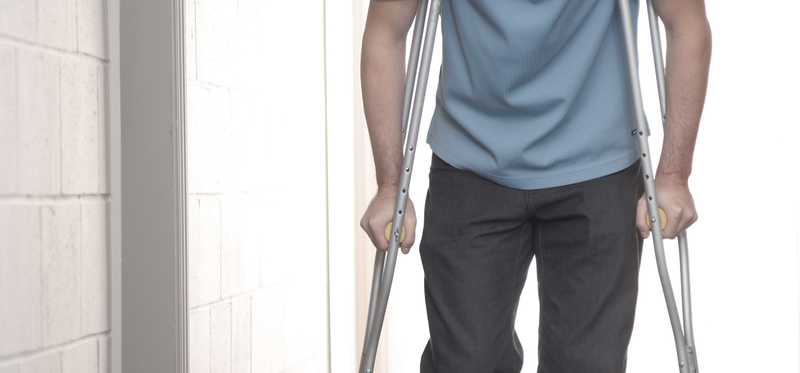
6. You’ve fallen ill or gotten hurt and can’t work
If you’re a salaried employee who needs to take a medical leave of absence, you may be entitled to short- or long-term disability that pays a portion of your income while you’re out of work. But if you’re not entitled to that benefit, or that benefit isn’t enough to cover your bills, then you shouldn’t hesitate to use your emergency savings to make up the difference until you’re able to resume your regular work schedule.
Previous
Next

7. You’ve racked up a major medical bill
Even if you have health insurance, a significant medical issue, like a major illness or hospital stay, could leave you on the hook for thousands of dollars in out-of-pocket costs. If that’s the situation you’re in, and you have emergency savings, you can use them to cover those bills and avoid racking up interest on them. That said, many medical providers will work with you to establish a reasonable payment plan when you owe a lot, so before you raid your emergency account, see what options are on the table.
Previous
Next

8. You need long-term care
It’s estimated that 70% of seniors aged 65 and older will end up needing some type of long-term care. If you’re one of them, and you don’t have long-term care insurance, then your emergency fund may be the next best thing. Keep in mind, however, that a year-long stay at a nursing home costs $89,297 to $100,375, on average, depending on whether you share a room or not. As such, you shouldn’t rely on your emergency savings to pick up that sort of tab unless you’ve really done a good job of loading up on cash.
Previous
Next
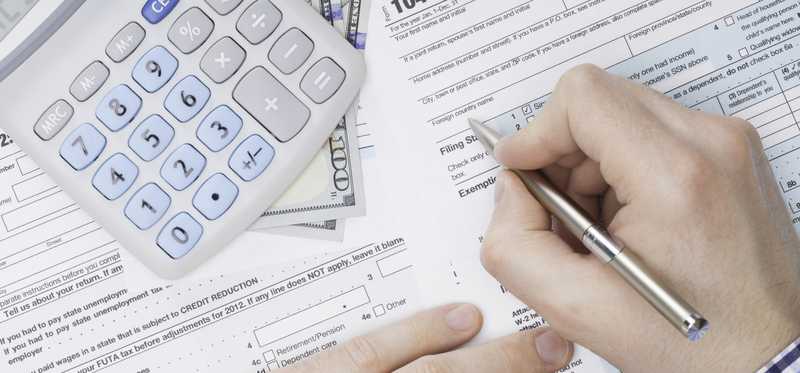
9. You’ve got a whopping tax bill on your hands
Most people who file taxes wind up getting money back from the IRS each year. But if you’re in the minority who winds up owing money, your emergency fund may be your best option for satisfying that debt. If you don’t pay your tax bill on time, you’ll rack up penalties that will only add to your costs. Granted, the IRS will generally work with you if you can’t pay your tax debt in full, but if you want to avoid loads of interest, you’re better off tackling that bill sooner rather than later.
Previous
Next

10. You've just had a baby
Technically speaking, your emergency fund is supposed to cover unplanned expenses, and most of the time, you get a nine-month heads-up when there’s a baby on the way. That said, once that child arrives, you may find that you’re struggling to keep up with the cost of supplies, childcare, and healthcare, especially if you were forced to take any sort of unpaid leave or cut your hours to adjust to your new addition. If that’s the case, then your emergency fund can cover those added expenses until you’re back in the groove.
Previous
Next
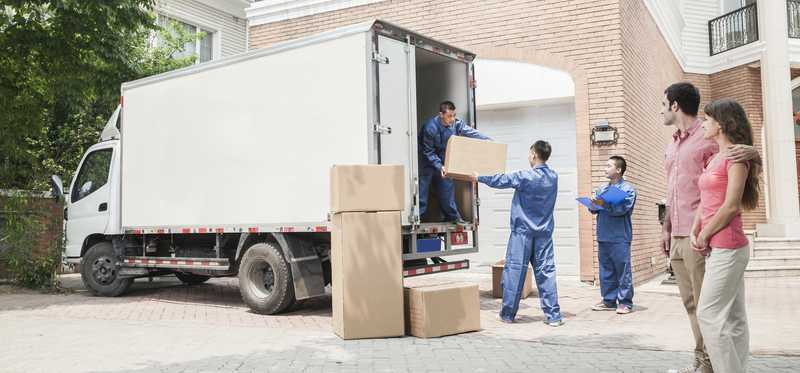
11. You need to relocate
Whether you need to relocate for work purposes or to be there
for a family member in need, moving is expensive. The average in-state move costs about
$2,300, according to the American Moving and Storage Association, while the
average interstate move costs $4,300.
If you’re forced to pick up and relocate without much warning, and you’re
covering that expense on your own, then you may have no choice but to access
your emergency cash reserves.
The Motley Fool has a disclosure policy.
Previous
Next
Invest Smarter with The Motley Fool
Join Over Half a Million Premium Members Receiving…
- New Stock Picks Each Month
- Detailed Analysis of Companies
- Model Portfolios
- Live Streaming During Market Hours
- And Much More
READ MORE
HOW THE MOTLEY FOOL CAN HELP YOU
-
Premium Investing Guidance
Market beating stocks from our award-winning service
-
The Daily Upside Newsletter
Investment news and high-quality insights delivered straight to your inbox
-
Get Started Investing
You can do it. Successful investing in just a few steps
-
Win at Retirement
Secrets and strategies for the post-work life you want.
-
Find a Broker
Find the right brokerage account for you.
-
Listen to our Podcasts
Hear our experts take on stocks, the market, and how to invest.
Premium Investing Services
Invest better with The Motley Fool. Get stock recommendations, portfolio guidance, and more from The Motley Fool's premium services.